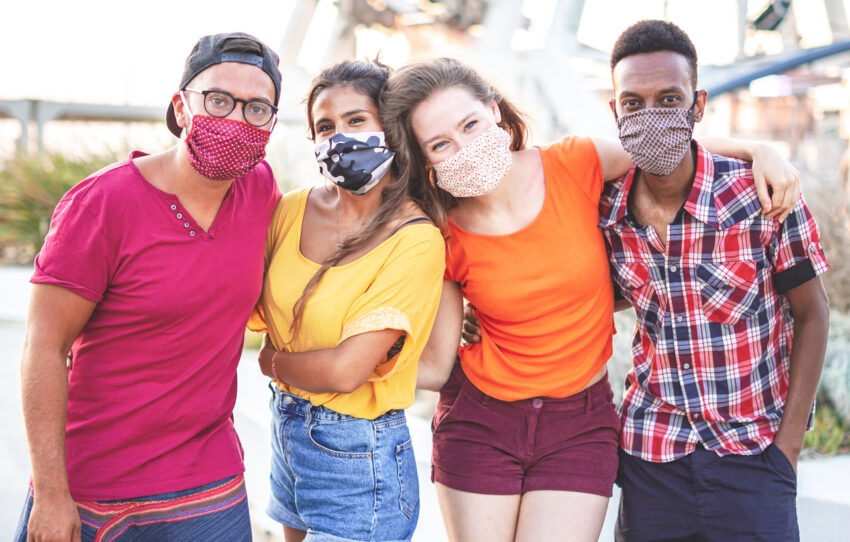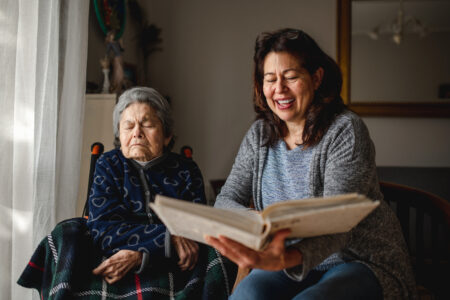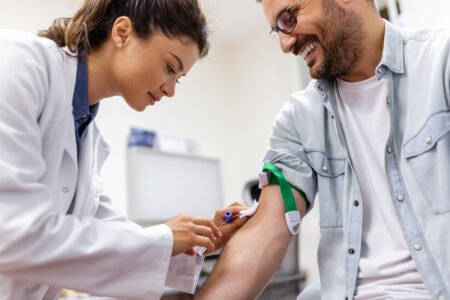
Share On Social!
While most people who have COVID-19 recover completely within a few weeks, some continue to experience symptoms weeks after their initial recovery.
This condition is often called Long COVID.
Common signs and symptoms of Long COVID include fatigue, shortness of breath or difficulty breathing, cough, joint pain, chest pain, and even organ damage, according to the Mayo Clinic.
But we don’t know everything about the long-term health effects of COVID-19 infection.
You can help researchers learn more about Long COVID through research studies, such as RECOVER, a National Institute of Health (NIH) study to better prevent, test, and treat Long COVID-19 in the future.
Find a recover testing site near you!
RECOVER Research Study
The NIH launched RECOVER to learn why some people experience Long COVID or develop new or returning symptoms after COVID-19 infection.
With 90 study sites in over 30 states, RECOVER is seeking up to 40,000 participants of all ages, races, ethnicities, and backgrounds who have and have not had COVID-19.
Certain sites are also enrolling the tissues and organs of deceased people, with the permission of a loved one.
Participants will answer sets of questions and visit their study site for tests for up to 4 years.
Participants may be asked to:
- Give samples of urine (pee), spit, blood, or stool (poop)
- Have simple checkups or exams
- Have X-rays and other imaging tests
“We know some people have had their lives completely upended by the major long-term effects of COVID-19,” NIH Director Dr. Francis S. Collins said in a press release. “These studies will aim to determine the cause and find much needed answers to prevent this often-debilitating condition and help those who suffer move toward recovery.”
Find a recover testing site near you!
COVID-19 and Latinos
Declared “easily the most severe” public health emergency by the World Health Organization, COVID-19 has taken a toll on global health.
In the US, minority groups, including Latinos, were hit especially hard.
Vaccination against COVID-19 is key in lowering these alarming rates. But Latinos face healthcare access inequities that may make it more difficult to get the vaccine, such as a lack of transportation to a healthcare facility, ability to leave family/work for a vaccine appointment, and poor health literacy.
Latinos have also been targeted by myths and misinformation about the vaccine.
As a result, less than half of US Latinos are currently fully vaccinated for COVID-19, worsening health disparities.
Find a recover testing site near you!
The Need for Latinos in COVID-19 Clinical Trials
Latinos are also underrepresented in research studies and clinical trials for COVID-19, cancer, and other health conditions.
This makes it more challenging for researchers to find treatments that work best for Latinos.
“Without an accurate representation of the Latino population in clinical trials, this population may miss out on life-saving opportunities,” said Dr. Amelie G. Ramirez, director of Salud America! at the Institute for Health Promotion Research at UT Health San Antonio.
Therefore, Latino representation in research studies and clinical trials, such as RECOVER, is vital to achieving a “just recovery” from COVID-19.
Just ask Emelina Asto-Flores.
She participated in a COVID-19 vaccine trial to help other Latinos.
“I participated in this trial because I wanted to represent my community — the Latino community,” Emelina said.
Emelina is one of the Salud Heroes being uplifted as part of Dr. Amelie Ramirez’s new effort to urge Latinos to volunteer for clinical trials thanks to a grant from Genentech, a member of the Roche Group.
Ramirez also is raising awareness and showcasing open clinical trials, like RECOVER.
“With more Latino volunteers for clinical trials, researchers would have greater opportunity to find better prevention and treatments for diseases that affect this population,” Ramirez said.
By The Numbers
10
Percent
of clinical trial participants are Latinos



